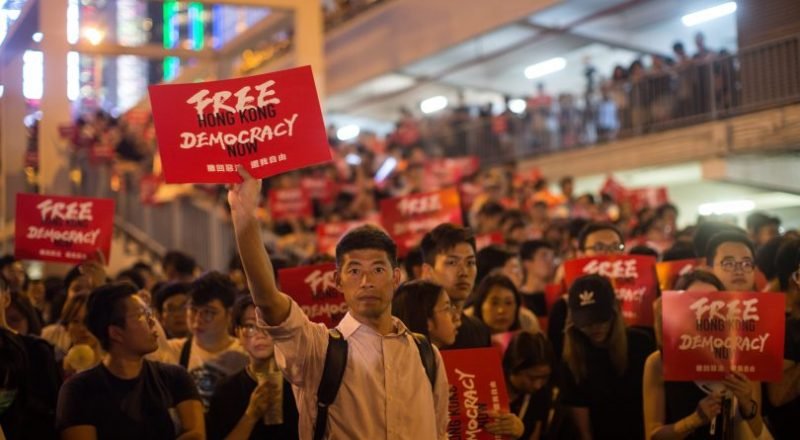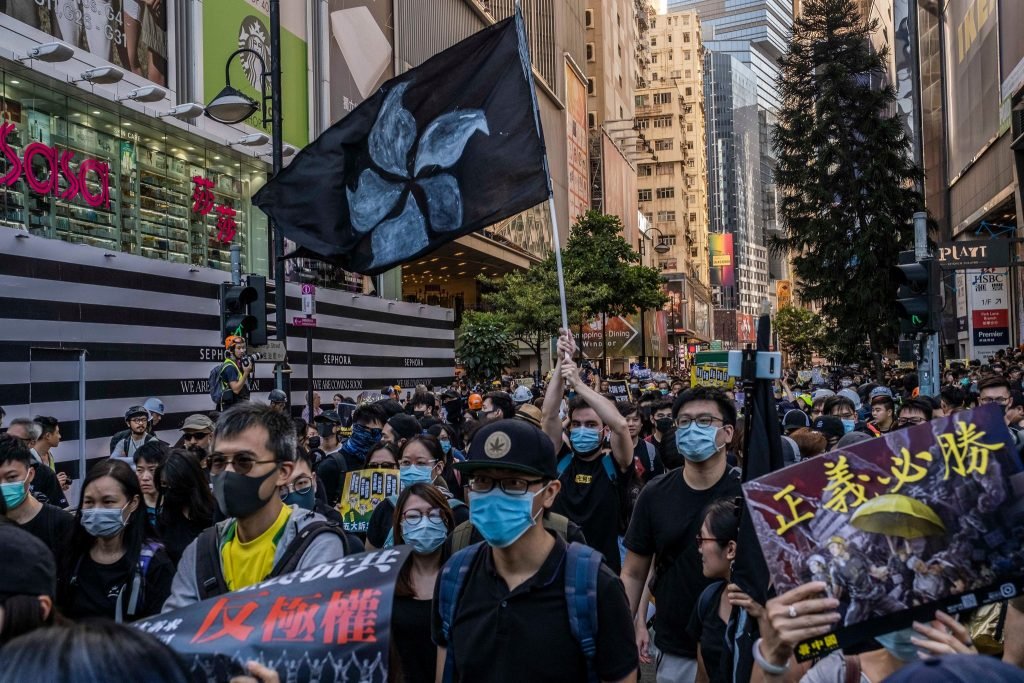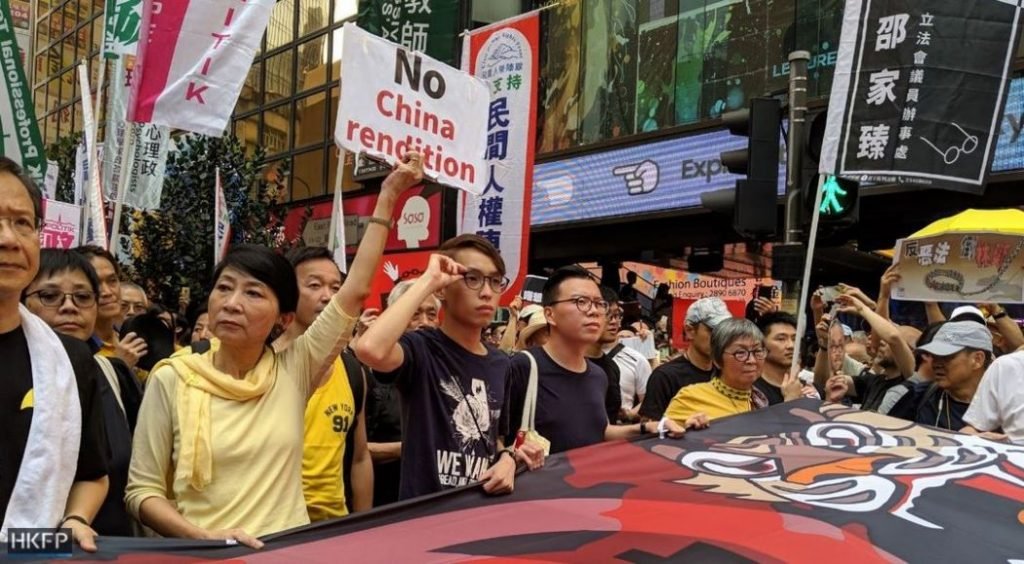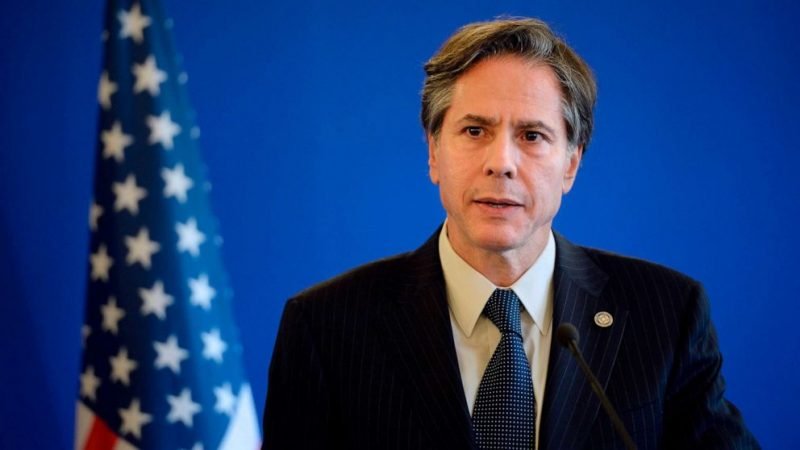Do the new laws in Hong Kong shut down democracy?

China has passed the most far-reaching changes to Hong Kong’s election system since the city’s return to Chinese rule in 1997, further tightening Beijing’s control.
Fran Kelly, Radio National Breakfast presenter for ABC Australia, discussed the developments with Duncan Bartlett, Research Associate at the SOAS China Institute, University of London.

Fran Kelly: The number of directly elected seats in Hong Kong’s parliament, known as the LegCo, has been cut almost by half and candidates will now be vetted by committee, to ensure their loyalty to the mainland.
Critics warn the reforms spell the end of democracy in Hong Kong, with any opposition to the Chinese Communist Party effectively removed. This law will expand the size of the Hong Kong legislature from 70 to 90 seats, but at the same time it also reduces the number of seats that are directly elected. So in effect there’s more parliamentarians, but fewer of them directly elected. How is that likely to change democracy in Hong Kong?
Duncan Bartlett: Well, one of the things that I’ve learned about China is that it thinks of itself as being a democratic country – it calls itself a Socialist democracy. But what we see here is that China’s version of democracy, Socialism with Chinese characteristics, is a profoundly different concept to the democratic system of Australia, or indeed here in the United Kingdom. Generally speaking Chinese people don’t elect their political representatives, except in special circumstances, which are always very carefully managed by the Communist Party.
China remains a one-party state and the changes that China has just announced to Hong Kong are making the governance of that city more like the rest of the country. Elections are being reduced in importance.

The other point is that you can’t run for election unless you’re approved to do so. You cannot stand if you are what China calls a “trouble maker.” In fact, you can’t even put yourself forward as a candidate, until your political credentials are checked.
FK: Who checks the credentials?
DB: The election committee, which is dominated by people who are loyal to Beijing. It includes representatives of industry and social groups, as well representatives of Chinese state-run companies.
FK: There appears to be no attempt to disguise what’s going on here. As I read it, the aim of the reforms is that “only patriotic figures can run for positions of power” and candidates will be vetted for their loyalty to the mainland.
DB: In China, patriotism is not an abstract theory. It’s not about having a warm feeling about the flag, or the national anthem, or certain types of food, or sport. The Chinese are educated from infancy to be very patriotic. They’re told to love their country, to love its social and political system, and to love the Communist Party of China.
Now, in theory, you could be a patriot and hold a political opinion which is different to Communism.

However, there’s a clear red line in China: any activities that undermine the socialist system, under the leadership of the Chinese Communist Party, are not allowed. They are not allowed in Beijing or Shanghai and, as we can see, they are not allowed in Hong Kong.
FK: What does this mean then for the Basic Law, or the agreement struck between Britain and China?
DB: Hong Kong was a British colony until it was handed back to China in 1997. The Basic Law was created under the handover agreement under the “one country, two systems” principle. It has now been amended, leading to these changes in the governance system of Hong Kong. China maintains that it is going to continue to uphold the principle of “one country, two systems” and says that the framework under which Hong Kong is governed is different to the rest of China. That to some extent is true. Although the system is moving more in line with other parts of China.
There’s been an outcry of course, here in Great Britain. These moves have also been criticized by the Australian government. Last year, Prime Minister Scott Morrison announced that the government would invite visa holders, from Hong Kong to move to Australia and they would be fast-tracked to be able to have jobs. There are also about a hundred thousand Australian citizens living in Hong Kong.
FK: The last time Hong Kong held local government elections, the pro-democracy camp took control of all but one district council across the city. Is that what has motivated Beijing to make these electoral changes to stop pro-democracy candidates from standing at all?
DB: I believe Beijing regarded those election results as a challenge to the authority of the Chinese Communist Party, which sent a negative signal across China. China says Hong Kong is an inalienable part of the People’s Republic of China. Beijing wants it to be returned to the motherland and governed in the same way as other big cities across the rest of China.

FK: The US Secretary of State, Antony Blinken, has described it as an “assault on democracy” but what can other nations do about it, apart from offering visas to pro-democracy activists who might need protection?
DB: The international community faces a dilemma when it comes to anything in China, which is that Chinese always resent what they see as foreign interference in their domestic affairs.
They ask: “If you are a Chinese patriot, why would you seek support from the United States, or from Australia, or from the United Kingdom? If you’re a patriot, you should be loyal to the people’s Republic of China.” They regard the protesters in Hong Kong, not as pro-democracy campaigners but as secessionists; not as patriots, but as people who are challenging the authority of the Chinese Communist Party.


















